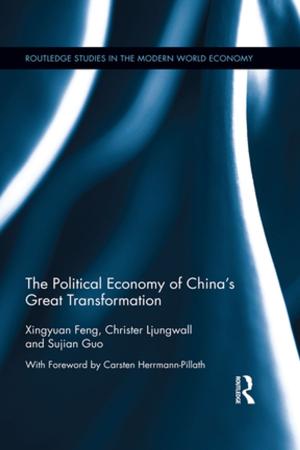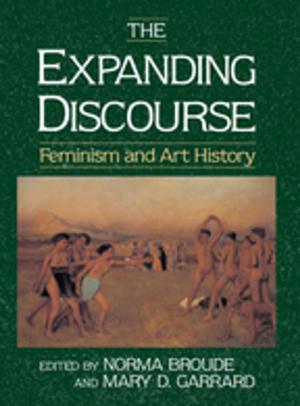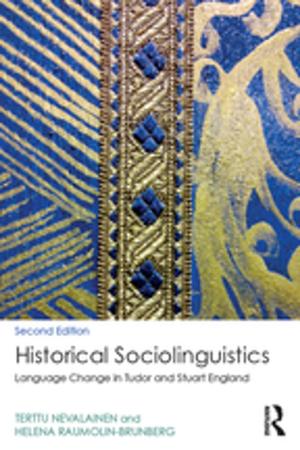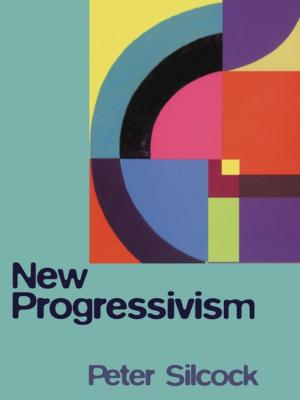Representing the Nation
Sport and Spectacle in Post-revolutionary Mexico
Nonfiction, Sports, Olympics| Author: | Claire Brewster, Keith Brewster | ISBN: | 9781317968054 |
| Publisher: | Taylor and Francis | Publication: | October 31, 2013 |
| Imprint: | Routledge | Language: | English |
| Author: | Claire Brewster, Keith Brewster |
| ISBN: | 9781317968054 |
| Publisher: | Taylor and Francis |
| Publication: | October 31, 2013 |
| Imprint: | Routledge |
| Language: | English |
Mexico City’s staging of the 1968 Olympic Games should have been a pinnacle in Mexico’s post-revolutionary development: a moment when a nation at ease with itself played proud host to a global celebration of youthful vigour. Representing the Nation argues, however, that from the moment that the city won the bid, the Mexican elite displayed an innate lack of trust in their countrymen. Beautification of the capital city went beyond that expected of a host. It included the removal of undesirables from sight and the sponsorship of public information campaigns designed to teach citizens basic standards of civility and decency.
The book’s contention is that these and other measures exposed a chasm between what decades of post-revolutionary socio-cultural reforms had sought to produce, and what members of the elite believed their nation to be. While members of the Organising Committee deeply resented international scepticism of Mexico’s ability to stage the Games, they shared a fear that, with the eyes of the world upon them, their compatriots would reveal Mexico’s aspirations to first world status to be a fraud. Using a detailed analysis of Mexico City’s preparations for the Olympic Games, we show how these tensions manifested themselves in the actions of the Organizing Committee and government authorities.
This book was published as a special issue of the International Journal of the History of Sport.
Mexico City’s staging of the 1968 Olympic Games should have been a pinnacle in Mexico’s post-revolutionary development: a moment when a nation at ease with itself played proud host to a global celebration of youthful vigour. Representing the Nation argues, however, that from the moment that the city won the bid, the Mexican elite displayed an innate lack of trust in their countrymen. Beautification of the capital city went beyond that expected of a host. It included the removal of undesirables from sight and the sponsorship of public information campaigns designed to teach citizens basic standards of civility and decency.
The book’s contention is that these and other measures exposed a chasm between what decades of post-revolutionary socio-cultural reforms had sought to produce, and what members of the elite believed their nation to be. While members of the Organising Committee deeply resented international scepticism of Mexico’s ability to stage the Games, they shared a fear that, with the eyes of the world upon them, their compatriots would reveal Mexico’s aspirations to first world status to be a fraud. Using a detailed analysis of Mexico City’s preparations for the Olympic Games, we show how these tensions manifested themselves in the actions of the Organizing Committee and government authorities.
This book was published as a special issue of the International Journal of the History of Sport.















